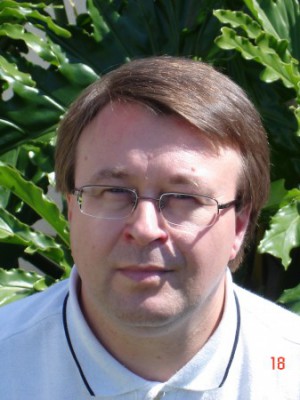resumo
Ellagic acid (EA) is a plant polyphenol with wide potential in biomedical (e.g., anti-inflammatory, neuro-protective, and anti-melanogenic, among others) and technical applications such as copolymers, chelating re-agents, ion-exchange resins and materials for electrochemical devices. Upon acid sulphite pulping of Eucalyptus wood, EA is partially dissolved in the spent liquor and adsorbed on the resulting pulp. In this work, a new solvent-free eco-friendly method for isolating EA from sulphite spent liquor and alkali extract of unbleached sulphite pulp is proposed. EA was recovered from sulphite pulping streams via crystallization from acidified solutions under preselected conditions (80 degrees C, 24 h, glass container and surface-to-volume ratio >1.0). The crystals obtained were washed with acidified water to reduce concomitants and increased EA purity from ca. 55-70% (w/w) to ca. 85-95% (w/w). The main contaminants of raw EA crystals were carbohydrates (ca. 15%), lignin (ca. 22%), lipophilic extractives (ca. 5%) and ash (ca. 3%). The obtained fractions were characterized by liquid and solid-state carbon nuclear magnetic resonance spectroscopy, mass spectrometry and wide-angle X-ray scattering, being the latter used to assess the crystalline structure. The purity of EA from sulphite spent liquor was much higher than that of the acidified alkaline extract of unbleached sulphite pulp obtained in the sulphite pulp purification step.
palavras-chave
PHENOLIC-COMPOUNDS; CHEMISTRY; CRYSTALLIZATION; EXTRACTION; PROFILES; WOOD
categoria
Science & Technology - Other Topics; Engineering; Environmental Sciences & Ecology
autores
Evtyugin, DD; Prates, A; Domingues, MR; Casal, S; Evtuguin, DV
nossos autores
agradecimentos
This work was developed within the scope of the R & D project between the University of Aveiro and CAIMA-Cellulose Company, S.A. and supported by CICECO-Aveiro Institute of Materials, FCT Ref. UIDB/50011/2020 & UIDP/50011/2020, and by LAQV-Requimte, FCT Ref. UIDB/50006/2020 & UIDP/50006/2020, financed by national funds through the Portuguese Foundation for Science and Technology (FCT) /MCTES.



